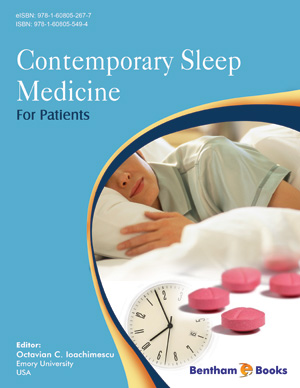Abstract
The term “parasomnia” is derived from Greek word para meaning “alongside” and the Latin word somnus meaning “sleep”. Parasomnias are any undesirable physical events or experiences that happen during falling asleep, staying asleep or during arousals from sleep. The disorders within the category of parasomnias vary from transient and relatively benign events such as occasional episodes of sleep walking or nightmares to potentially injurious and sometimes life-threatening events, with potential medico-legal consequences, such as REM sleep behavior disorder. Parasomnias are also considered to be automatisms since the subjects do not have any conscious awareness during the episodes. Parasomnias can significantly affect the quality of sleep of the patients, and also of the bed-partners. For a clinical diagnosis, a thorough clinical assessment, appropriate tests (where indicated) and judicious use of medications can help in the vast majority of patients with parasomnia disorders.






















